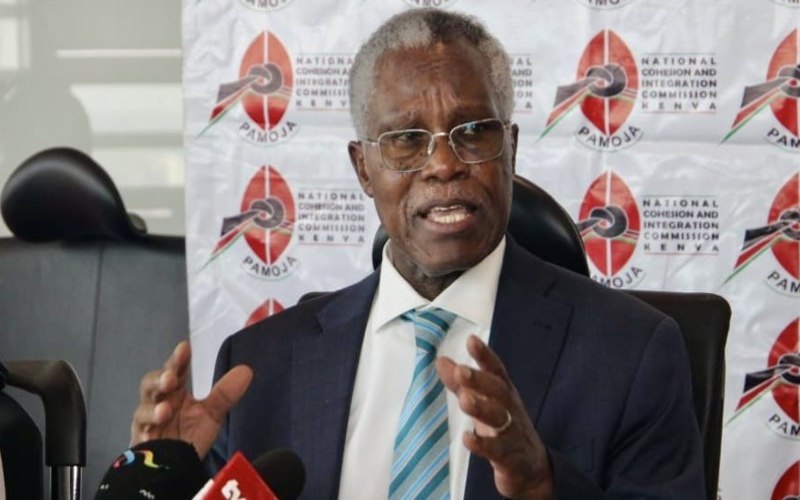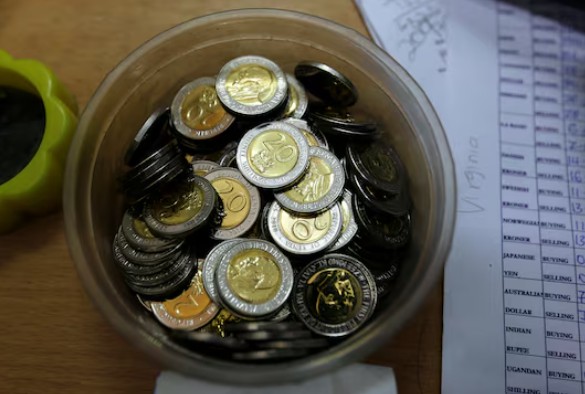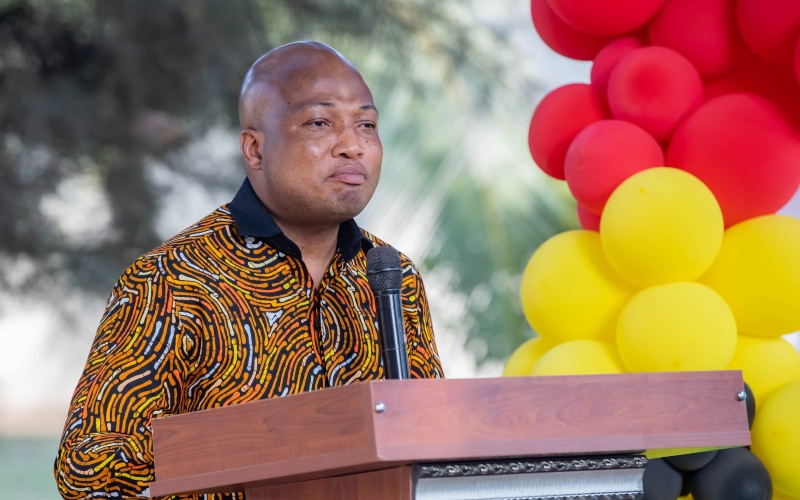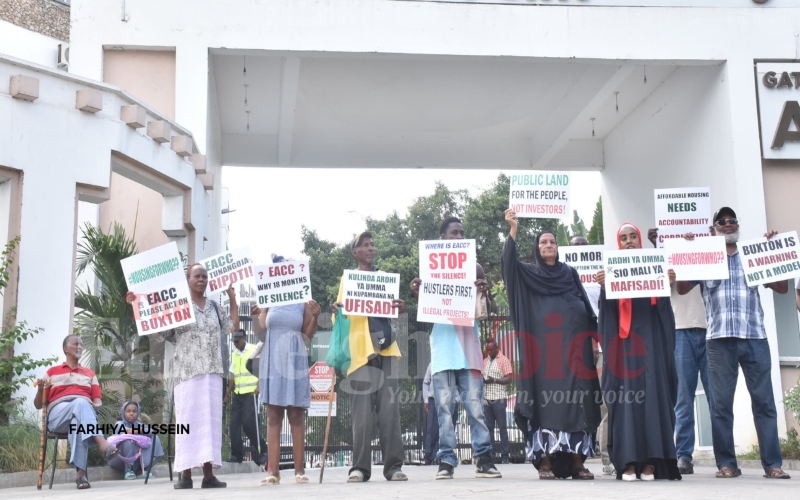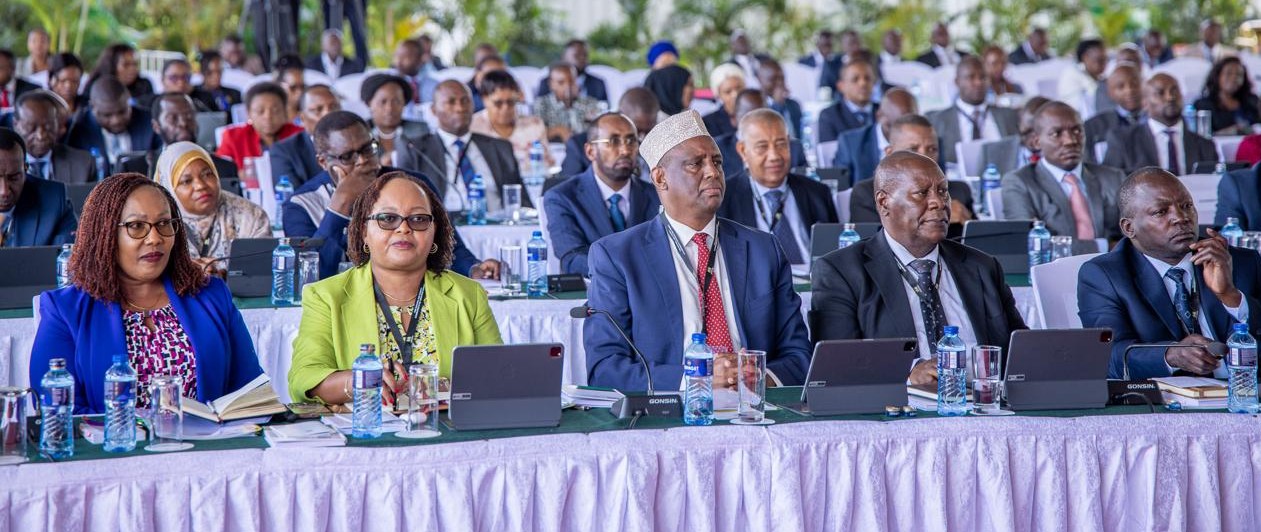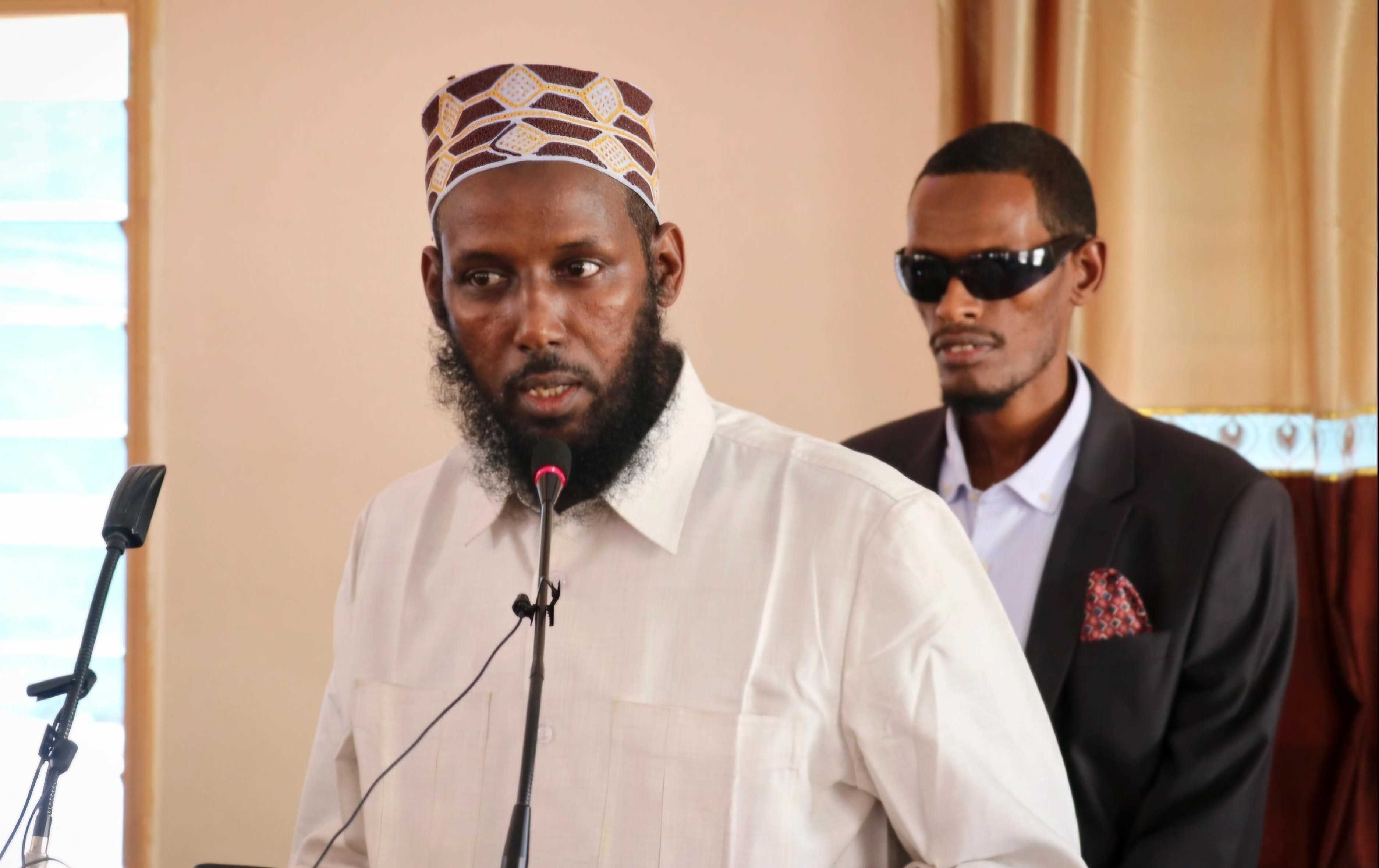Billions of taxpayer money lost in mismanaged loan-funded projects - Auditor General

The audit also revealed that critical documentation, such as feasibility studies and approval correspondences, was missing for many projects.
A special audit report by Auditor General Nancy Gathungu has uncovered significant mismanagement of public funds in multi-billion-shilling projects.
The report reveals that billions of shillings are being repaid for loans taken out for initiatives that lacked public consultation, violating legal requirements.
More To Read
- County expenditure share by sector (FY2023/24)
- Kenya saves Sh16.5 billion as EACC strengthens anti-corruption measures
- Bribery dominates EACC corruption cases, embezzlement close behind
- MPs back move to amend finance law to align audit timelines with Constitution
- State agencies, counties owe Kenya Power Sh4.67 billion in unpaid bills - Auditor General
- Over 16,000 in the dark as Kenya Power struggles to procure essential meters, transformers
Tabled before the National Assembly’s Debt and Privatisation Committee, the report highlights a series of costly mistakes by officials, potentially exposing taxpayers to legal and financial liabilities.
The audit, which reviewed 32 loan-funded projects, reveals that only five of the projects had received the necessary legal opinion from the Attorney General.
This raises serious concerns about adherence to legal protocols and project oversight.
No documentation
"The remaining 22 project loans had no documentation or evidence to support public participation, and therefore the audit could not establish if project stakeholders' views were incorporated before project implementation," Gathungu said.
The lack of public consultation is particularly troubling, as it may lead to poor project ownership and sustainability.
"Lack of public participation by stakeholders and beneficiaries may lead to lack of ownership by the public, contributing to limited project sustainability beyond completion," Gathungu warned.
The audit dated June 2024 and covering external debt servicing from July 1, 2020, to June 2023, also highlights the financial burdens faced by Kenyans.
According to the report, taxpayers have been repaying loans for projects they were not involved in, with many of them unaware of the initiatives.
The objective of the audit was to determine if the process of servicing external loans was adhered to as required under relevant laws, regulations and agreements.
Of the 32 projects sampled, 17 were completed, six stalled, and six were still ongoing. Five projects had been cancelled, and one lacked documentation.
"Among the stalled projects were the Kimira-Oluch Smallholder Farm Improvement project, the Sondu-Homa Bay-Awendo electrification project, and the Kisii hospital cancer care treatment centre. Some, like the Mombasa Gate Bridge construction, faced design issues, while others, including the Kenyatta University Teaching, Research and Referral Hospital, were delayed due to issues with access for medical students," reads the report.
The audit also revealed that over 50 per cent of Kenya's external debt is denominated in major foreign currencies, exposing the country to currency fluctuations.
"This implies that over 50 per cent proportion of revenue is used to service debt," reads the report.
Commitment fees have also been another major concern. The government paid Sh55.8 billion in commitment fees for external loans during the 2022/2023 financial year.
Some projects like the Olkaria Geothermal project faced delays in drawing down funds, leading to wasted funds and penalties.
"For instance, the government paid a commitment fee of Sh474 million for underground electric power distribution network projects," Gathungu said.
Feasibility studies
The audit also revealed that critical documentation, such as feasibility studies and approval correspondences, was missing for many projects.
According to the report, only 18 of the 32 projects had clear feasibility studies, and just 11 had documented project approvals. Gathungu warned that such discrepancies could lead to double financing or additional, unbudgeted costs.
One of the most alarming findings was the lack of transparency in loan negotiations.
"Only two projects, Sondu-Miriu hydropower and Sang’oro power plant, provided information on loan negotiations," reads the report, highlighting the risk of inadequate understanding of financing terms and conditions.
Gathungu also cautioned that the absence of legal opinions from the Attorney General for 27 projects could expose the government to unfavourable financing terms, leading to additional avoidable costs.
"This may lead to implementing agencies not being able to meet conditions precedent promptly and may further expose the government to unfavourable financing terms," the report warned.
Costly repairs
In the face of these issues, the Auditor General expressed concern that Kenyans may not receive value for money, with stalled projects potentially requiring costly repairs once work resumes.
She further noted that taxpayers could face even higher costs due to penalties and wasted funds.
Meanwhile, National Treasury Cabinet Secretary John Mbadi vowed to make public all details of Kenya's public debt, including the identities of creditors and the terms of loans.
"Kenyans should know who they owe and at what rate. I will make this public," Mbadi said during his vetting process.
He also promised to engage the Auditor General to conduct a full audit of the country’s public debt, with the findings expected to be made public soon.
Top Stories Today
